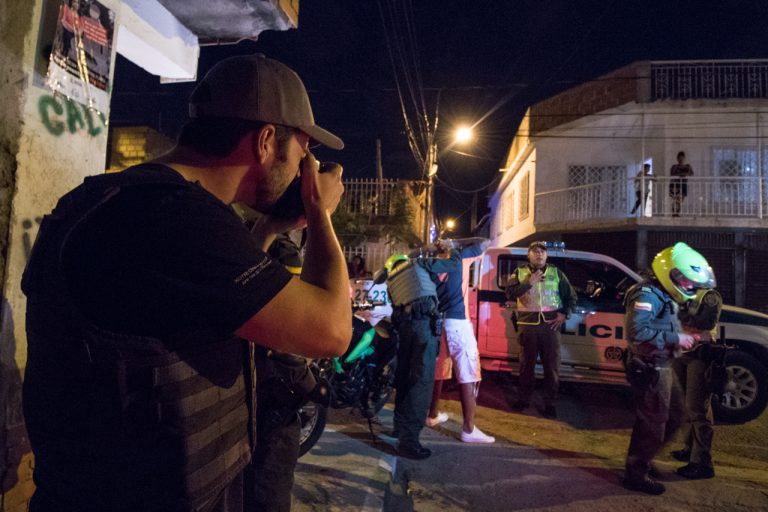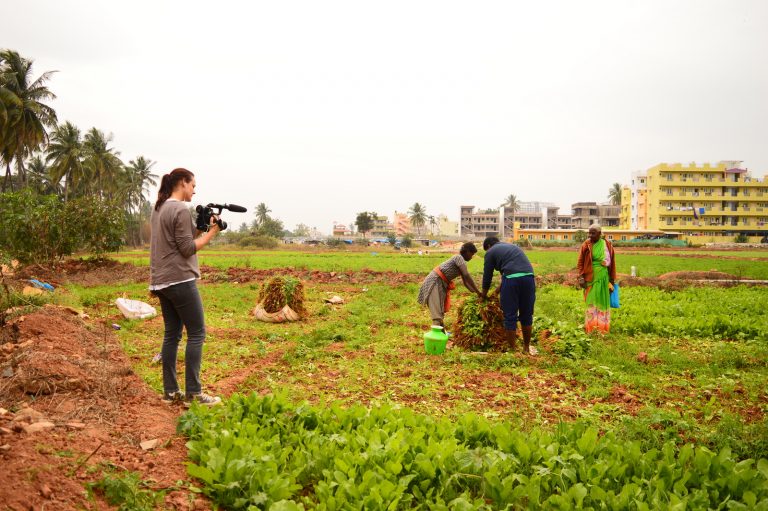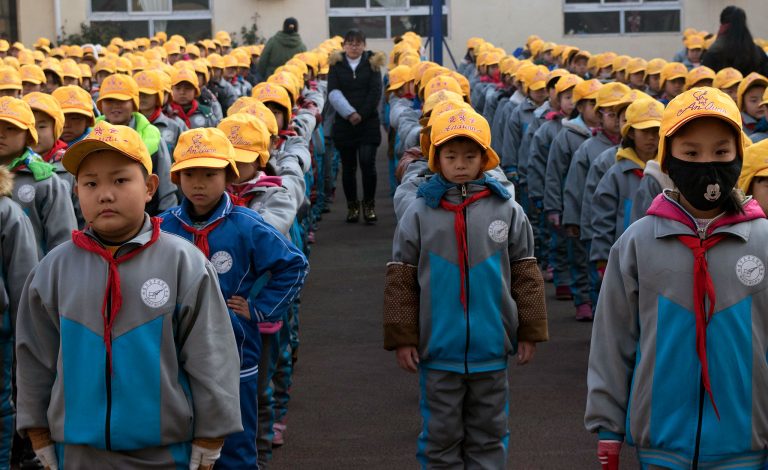

Stefan Labbé was part of a team that reported on crime in Cali, Colombia.
An ambitious multimedia project about urban resilience by 10 UBC Journalism students has been nominated for a 2017 Online Journalism Award.
“Surviving the City” is a finalist in the Pro AM Student category, which recognizes partnerships between students and professional organizations.
The work was a collaboration between students in the International Reporting Program — a six-credit course at the School — and 10 students from three global universities: Nanjing University in China, Indian Institute of Journalism and New Media in India, and Universidad de los Andes in Colombia.
The project was published in conjunction with The Guardian, BBC News and the Toronto Star.
“This idea of students and professional organizations collaborating is gaining traction. The School of Journalism has been a leader in that throughout the journalism community,” said associate professor Peter Klein, who leads the program.
The OJAs are presented by the Online News Association, the world’s largest association of digital journalists. UBC Journalism won the same category in 2016 for the IRP project “Out of the Shadows,” a stark look at how mental health is treated globally.
This year, the School is nominated alongside Turning Tides: The Story of the Salton Sea, a partnership between the USC School of Journalism in Los Angeles and the Desert Sun newspaper in Palm Springs, California.
The winner will be announced Oct. 7 at the Online News Association banquet in Washington, D.C.
Global collaboration


Students reported on the last urban farmers in Bangalore.
In Dec. 2016, students travelled to China, India and Colombia to report on the pressures faced by rapidly developing cities.
Before starting their field reporting, all students took an intensive online course on urban planning and management through the Yale School of Management.
The stories they produced were wide ranging, from the struggle to accessing clean water in Bangalore, India, to grappling with crime in Colombia’s deadliest city.
“Urban resilience is a tough sell to an editor,” Klein acknowledged.
“Our methodology in IRP is to have a certain faith in the story that students find. And then to trust that when we come back, we’ll have really good reporting that will be able to meet the bar for news organizations.”
Challenging project


One story examined China’s hukou system, which excludes children born of migrant parents from Beijing public schools.
The students overcame logistical hurdles, including time-zone differences, language barriers and limited access to information.
When reporting on a catastrophic explosion in Tianjin, China, UBC j-school students John Woodside and Si Chen fought to obtain statistics and data from the Chinese government.
In another case, students Peggy Lam and Sophie Woodrooffe had to untangle a labyrinthine process in China that dictates which migrant students are allowed to enrol in Beijing’s schools.
Ultimately, the collective effort spawned a global collaboration, Klein said.
“Rather than us trying to go abroad and using the local journalists as a means to our own end, we have reporting partners with equal editorial roles,” he said.
“Challenging that parachute journalism model is such an important part of what we’re trying to do.”


